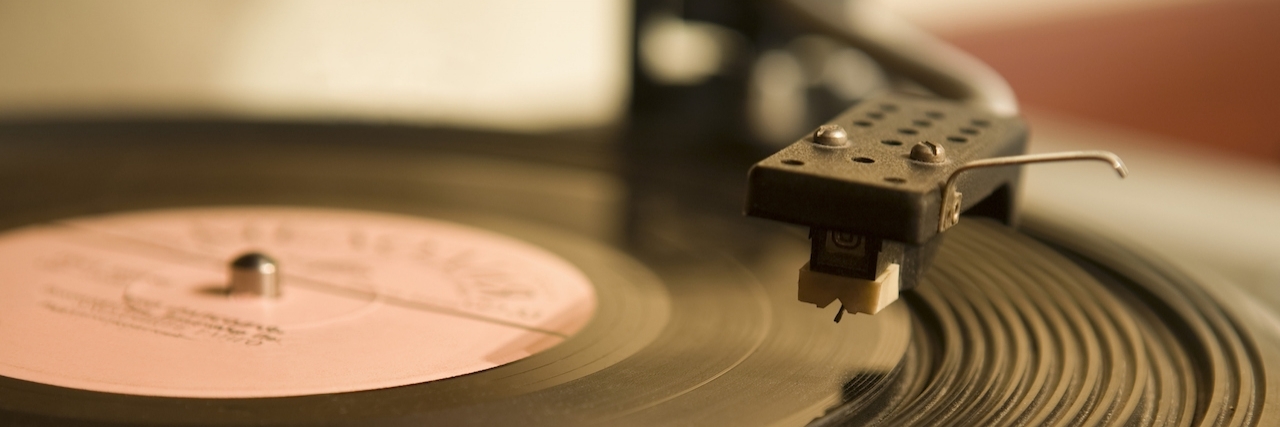The first record I bought was at Goodwill in ninth grade, “Paranoid” by Black Sabbath. I spent hours laying on the living room floor with my headphones on, taking in the dark music that matched the deep darkness in my mind. Soon, the obsession in vinyl started to grow. By the time I was 28, I had amassed more than 350 records. Each record marked a point in my journey toward recovery. Punk rock: the angst and alienation. Instrumentals: the melancholy of reflection and rumination. Folk: the anger toward the injustice in this world and in my life.
• What is Bipolar disorder?
The thing about vinyl records are they are not a perfect form of media. Once you get it right, it is rich, warm and comforting. However, in order to get it right, you need the appropriate needle, the record needs to be clean and other things, like tracking force, need to be accounted for.
I want things perfect. I want the most I can get from my records. So I have invested hundreds of dollars on improvements and hours of research on technical specifications. One day, my records taught me a lesson on my bipolar and addiction recovery in one of my lowest moments.
It had been a hard week, fresh out of inpatient care for suicidal intentions. All I wanted to do was die. I was holding on for dear life. I was excited to listen to my new “Anti-Flag” vinyl I bought before going into the hospital suddenly.
So I tried to get everything perfect, calibrated and ready to go. Needle onto vinyl. Wait. There is a buzzing. I tried desperately to fix it. I cleaned the needle three times, cleaned the record four times, changed all the settings. Still the buzzing was there.
I was about to cry. I can’t enjoy this record with this darn buzzing. All I could hear was the buzzing. Most people were unable to hear it. Finally, I sighed and went online to a forum. I saw other people were sensitive like me and hear static in their records too. They interacted and gave tips on troubleshooting. Even though I didn’t completely solve the problem, it helped knowing others were like me.
Suddenly, I realize this has been my story for a long time. All I can hear in my head is the buzzing of the record, but it seems everyone else is enjoying the music. I was officially diagnosed with bipolar disorder in 2005 but had been dealing with depression since sixth grade, hospitalized more times than I can count.
I am considered a hopeless case by some. On the record in my head, I hear the buzzing of the lies of my depression telling me to give up and I am a hopeless case. I want my mind record to be clean, my record to be perfect. I desperately try to fix everything all alone, thinking no one can understand, but I don’t have to go it alone.
For months ago, I learned, like the people who are sensitive to excessive sound along with me, there are people who want to help me along my journey with bipolar disorder and addiction. They want to understand. I reached, what is technically, a “bottom” with my addiction, which had haunted me for more than 18 years. Desperate for help, I started going to Narcotics Anonymous and began to learn others understood my mind, my depression and my addiction.
I now know I never have to feel alone again in my problems, all I need to do is reach out and say I am hurting. Someone will hold my hand (sometimes literally). This unconditional love and hope keeps my heart going. Recovery is possible from both mental illness and addiction. Continued recovery will not be easy and be a lifelong process, but if I keep reaching out, I don’t have to go it alone.
For those struggling with depression, suicidal thoughts, anxiety and so many things that can plague the mind: Hold on. Reach out. Someone else has been there. I know I have. Take it moment by moment, minute by minute and don’t give up. We are all in this together.

